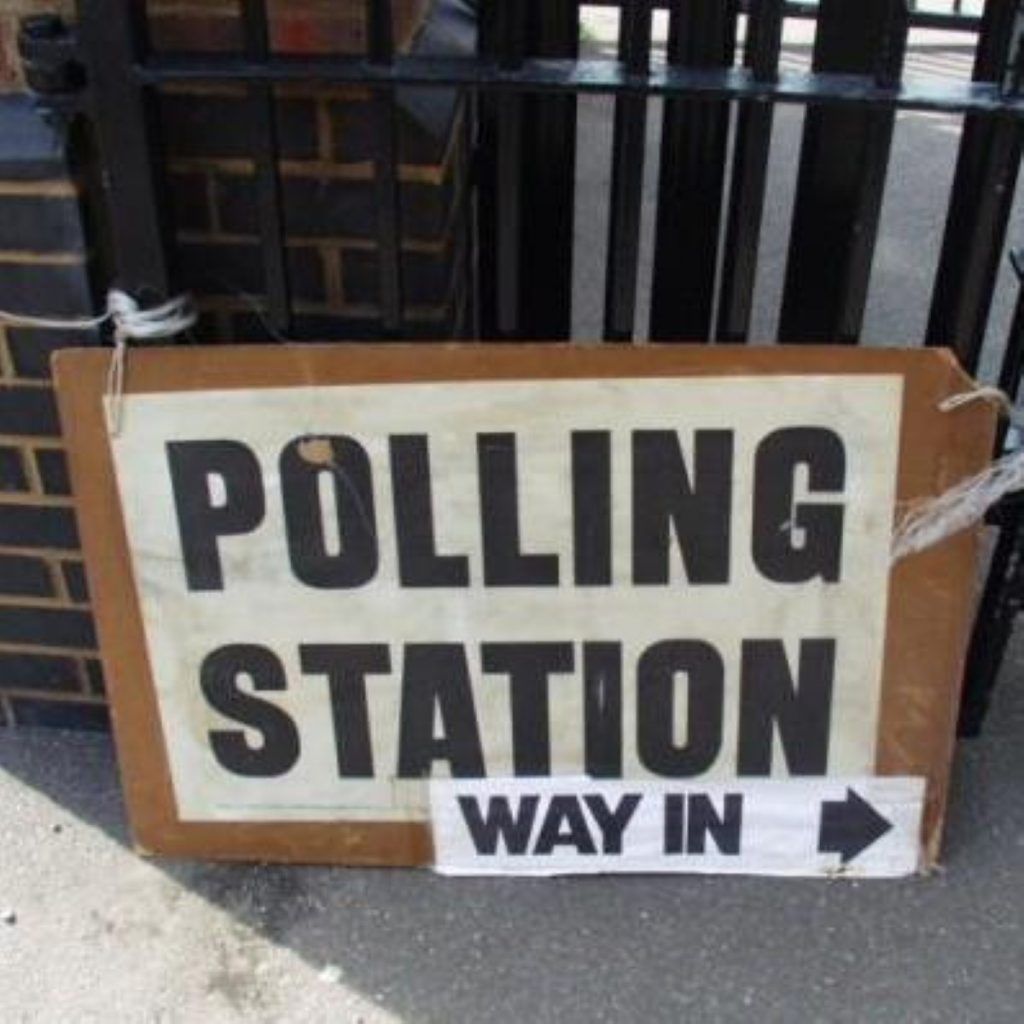ippr warns of growing divide in political engagement
The Institute of Public Policy Research (ippr) has warned that there is increasing disillusionment about politics and democracy among the poor.
Electoral turnouts in the UK has been declining since 1950, with just 59 per cent of people voting in the last general election, well behind Germany at 89 per cent. The ippr warns of a “rapid” decline and increasing disillusionment with formal democratic structures pointing out that 46 per cent of people were satisfied with the way democracy worked in 1995, as compared with 30 per cent in 2001.
Interest in politics among the lowest social classes almost halved between 1981 and 1999, whereas there has only been a slight decline in interest among the highest social groupings.
At the last general election 68 per cent of the top two social classes are believed to have voted, compared with 53 per cent of the bottom social classes. The ippr warns that “people’s sense that they can influence decisions if they want to is lowest amongst the most deprived.”


It finds that there is a strong correlation between political activity – including such things as signing a petition – and social class and income.
51 per cent of the top social class felt they could influence decisions at a local level in 2003, compared with just 33 per cent of the lowest social class.
The ippr notes that there has been a widespread change in political engagement over the last 20 years, noteably a shift away from collective action to an increasing expression of “political preferences through personal, market-related activity, such as contacting the media rather than politicians and boycotting products rather than signing petitions.”
It claims that now, “Britain expresses its political convictions via the cheque book, not through direct participation. People are paying for others to become engaged on their behalf.”
The ippr warns that this shift raises the danger that “political power will be increasingly related to income and the power to pay for change, further shifting the balance away from the poor, disadvantaged and excluded” and notes that as trends develop “there is a risk that the voices of the less well educated and the less well connected will become even less audible.”

